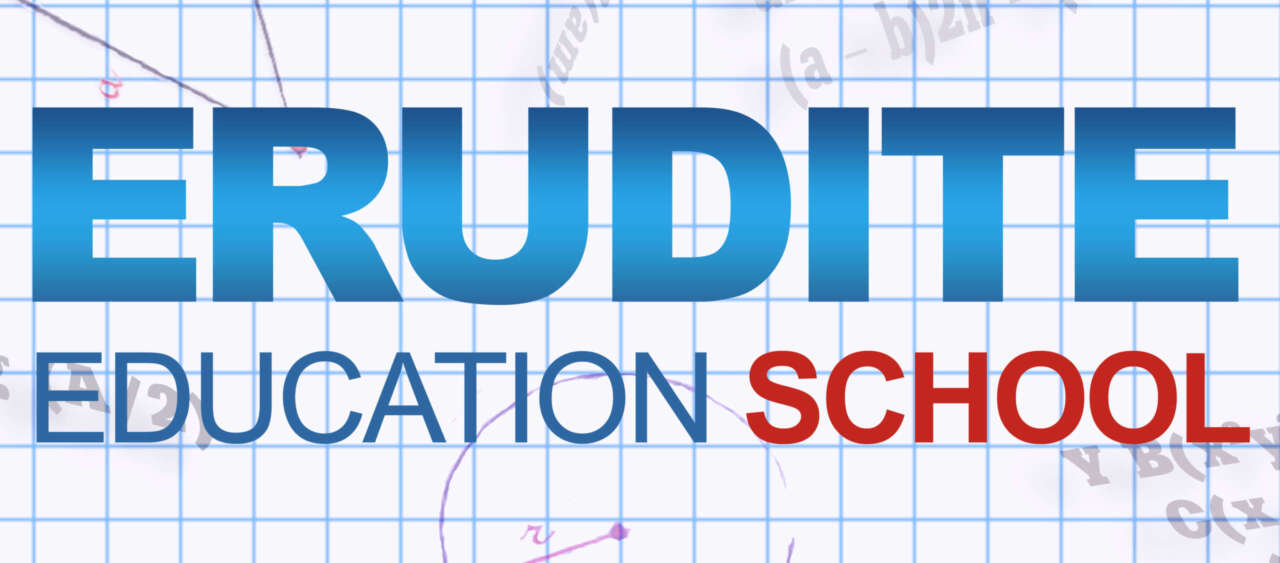
“Mathematics without borders” is headed by Lyubomir Lyubenov and is held in English, Bulgarian and Russian. The Olympiad consists of three correspondence rounds – autumn, winter and spring, as well as the final round, which takes place in Bulgaria. For more information, visit http://mathematicalmail.com/
🎯 Leadership & Background
-
The Olympiad is headed by Lyubomir Lyubenov, a Bulgarian mathematics teacher born in March 1960, with decades of experience in math education and contest organization. He previously founded the “Druzhba” international contest and has served on committees such as the International Mathematical Tournament of Towns studylib.net+7mathwithoutborders.bg+7mathwithoutborders.bg+7.
-
Lyubenov also served in Bulgaria’s educational administration and contributed extensively to international math publications and competitions mathwithoutborders.bgmathwithoutborders.bg.
🧠 Format & Focus
-
Three remote preliminary rounds: Autumn (October), Winter (January–February), and Spring (March).
-
Followed by a final round in Bulgaria, typically in Nessebar, held in late June to early July. A remote final option exists for participants unable to travel Scribd+1studylib.net+1.
-
Designed for students aged 7 to 18, divided into nine age groups (Group 1: 7–8 years, up to Group 9: 15–18 years) studylib.net+5Scribd+5mathwithoutborders.bg+5.
🌍 Participation & Scale
-
Hosted annually in Bulgaria since around 2013.
-
Attracts massive international interest—during the 2024/25 academic year, rounds saw:
-
~23,000 students from 23 countries in the Autumn 2024 round.
-
~17,000 from 21 countries in Winter 2025.
-
~14,500 from 20 countries in Spring 2025 mathwithoutborders.bg+7mathwithoutborders.bg+7Scribd+7.
-
-
The 12th International Final was held from June 28 to July 1, 2025, in Nessebar, Bulgaria, featuring over 1,000 finalists from approximately 40 countries el.kz+1el.kz+1.
🏅 Awards & Experience
-
The final includes both individual and team competitions.
-
Awards include overall Math Star of the Tournament, team medals, and various recognitions such as “Mayor’s Cup” and “Legends of the Tournament” mathwithoutborders.bgel.kz.
-
For example, Kazakhstan’s team performed exceptionally in 2025, earning multiple gold, silver, and bronze medals across categories, with one student named “Math Star of the Tournament” el.kz+1el.kz+1.
✅ Why It Stands Out
| Feature | Description |
|---|---|
| Three-stage format | Remote rounds ensure broad access; in-person or remote finals allow flexibility |
| International scale | Tens of thousands participate in preliminary rounds; finalists represent ~40 countries |
| Age‑based grouping | Nine distinct groups ensure fair competition by age |
| Reputation | Well-established and respected in Bulgaria and internationally |
| Notable leadership | Guided by Lyubenov, an experienced organizer with deep contributions to math contests |
📝 How to Participate
-
Schools or regional coordinators register groups of students for participation in the Autumn, Winter, and Spring rounds.
-
Participants complete tasks in their local schools or partner centers, under supervision.
-
Top performers qualify for the final in Bulgaria or may participate remotely.
-
Certificates and medals are issued after each stage, with rankings by age group and event category.
Would you like sample problems, registration info for your country, or details on preparing participants?

 Русский
Русский  English
English  Uzbek
Uzbek 